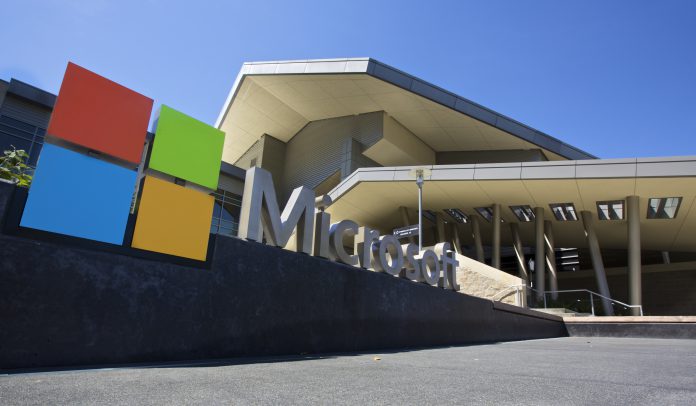In a joint press release, Microsoft and KPMG say the partnership allows start-ups to move securely to cloud storage. Adoption of blockchain allows developers to create applications suited to real world processes. Microsoft and KPMG are long-time collaborators and have a mutual global alliance. This partnership allows Microsoft to match its technology with KPMG’s blockchain application expertise. The newest agreement will place an emphasis on the financial services industry. More specifically, Blockchain Nodes will help to develop new technology to determine how blockchain can help business processes. In a statement, Marley Gray, principal architect program manager, Azure Blockchain Engineering at Microsoft discussed the agreement with KPMG. “Together with KPMG’s experience in successfully transforming business models, we are pursuing innovative applications of blockchain technology that will help our customers worldwide achieve their strategic goals… The global availability of our Microsoft Azure cloud platform, the hybrid cloud architecture, and multi-tiered security address the specific compliance requirements of clients and help accelerate the use case process”
Blockchain Nodes
Jens Rassloff, KPMG’s global head of Alliances says the collaboration with Microsoft is important. It allows a new approach to solving client issues. He also urged small businesses to embrace the development of the service. “We are also inviting the start-up ecosystem to participate in use case development, which will help enable a greater range of solutions for the challenges blockchain implementation presents for financial institutions and other industry players.” KPMG is a leader in blockchain solutions. Last year, the company debuted its Digital Ledger Services. This suite of services gives finance sector companies the ability to fully utilize blockchain capabilities. Through the suite, customers can get faster and more secure transactions, streamlining and automating back office operations, and reducing costs by utilizing blockchain-based technologies.




